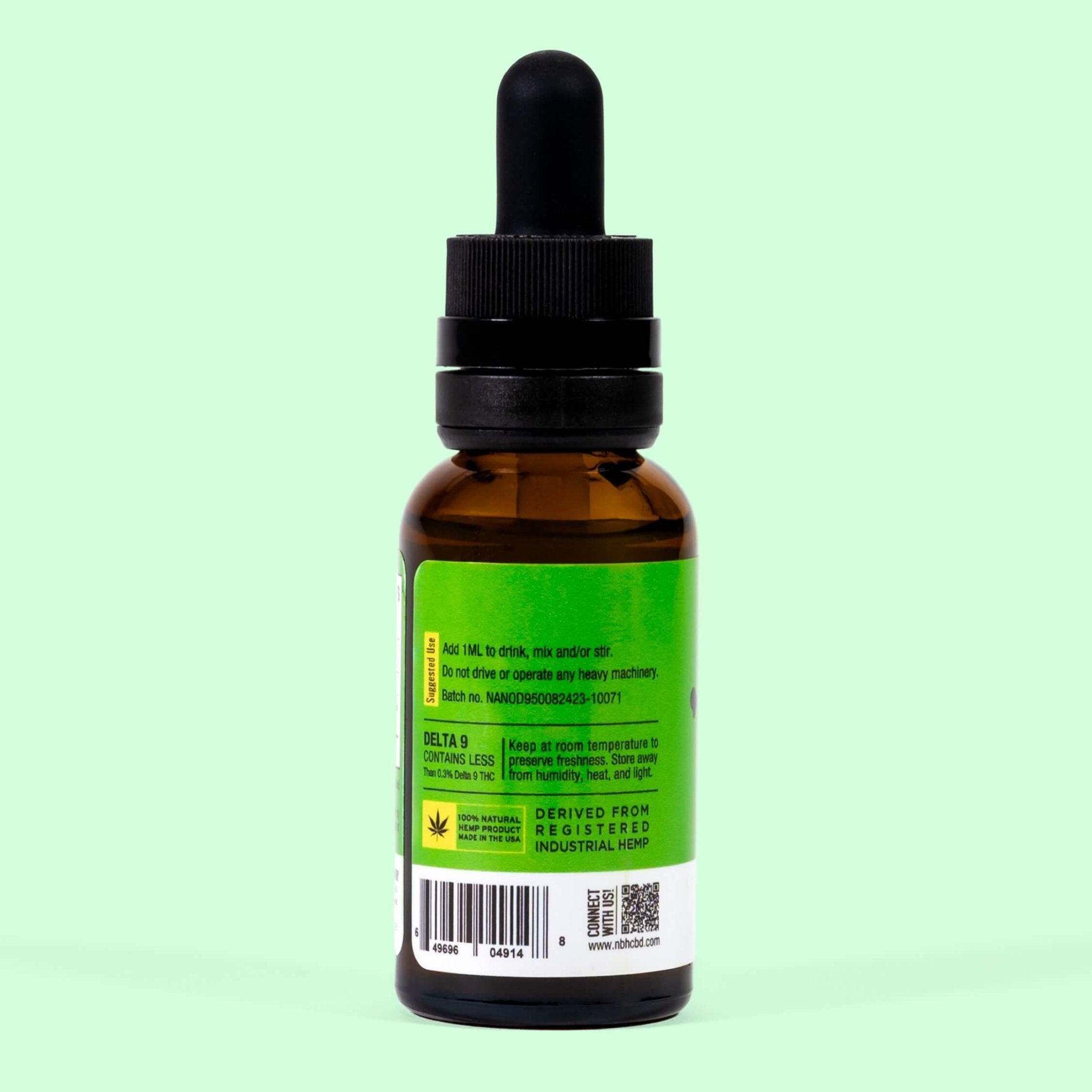
According to the U.S. Centers for Disease Control and Prevention (CDC), about 34.2 million people in the U.S. suffer from diabetes. About 88 million more people aged 18 and older have prediabetes.
One of the most common treatments for diabetes includes injectable insulin. While other treatment options may be available, most people do not think about cannabidiol (CBD) when considering their these options — at least not yet.
Six promising research results
CBD has gained notoriety among consumers for its ability to help ease symptoms associated with numerous conditions. Some of the most common reasons consumers turn to CBD include pain management, inflammation reduction and support for good mental health. However, research has shown that CBD also has a significant potential to help those who suffer from diabetes.
According to WebMD, ongoing research is still trying to determine if CBD can “help control blood sugar, calm inflammation, and ease nerve pain from diabetes.” However, some of the early studies on the subject have reportedly showed promising results.
Some of these results reportedly showed CBD’s ability to:
- Cut down hyperglycemia
- Lower cholesterol
- Increase insulin production
- Promote brown fat that can help a body better use glucose
- Minimize neuropathic pain
- Reduce inflammation
CBD could offer a long-term solution
A reduction in inflammation is especially noteworthy because diabetes is an inflammatory condition, and severe inflammation can reportedly contribute to insulin resistance.
The American Journal of Pathology found, “CBD was able to reduce oxidative stress, inflammation, cell death, and vascular hyperpermeability associated with diabetes.”
“Oxidative stress and inflammation play critical roles in the development of diabetes and its complications,” it added.
Dr. Junella Chin, Integrative MD and chief medical expert at an established CBD company, reportedly explained to Endocrine Web how this could have a lasting impact on people with diabetes.
She said, “Cannabinoids work on nerve endings, reducing pain and inflammation. It can get to the heart of the problem versus taking a pain reliever, which is temporary.”
CBD also has potential for prevention
CBD may also help people who have prediabetes by lowering their risk of diabetes, increasing insulin resistance and improving pancreas health.
“CBD can . . . help to protect the pancreas from becoming destroyed by overactive immune cells,” Rory Batt MSc told Endocrine Web. Batt studies the connection between the endocannabinoid system, CBD and type 2 diabetes.
“Effectively, this means someone may be able to keep producing insulin themselves for longer. However, unless they ultimately change their diet as well, they will inevitably end up with a pancreas that cannot produce insulin — but CBD could significantly extend the time until that happens,” she added.
It is important to understand that most of the studies that have examined the effects of CBD on diabetes have been conducted on rodents. This means that additional studies are needed to formally verify CBD’s potential as a diabetes treatment in humans.
Additionally, it is always good practice for someone to consult their doctor before making changes to their wellness regimen.
However, the existing studies seem to show just how powerful of a tool CBD might be for certain individuals with prediabetes or diabetes. There may not ever be a permanent cure for this condition, but CBD sure seems to be loaded with ways to minimize the impact diabetes has on someone’s life.
Sources
[1] https://www.cdc.gov/diabetes/data/statistics-report/index.html
[2] https://www.webmd.com/diabetes/guide/diabetes-general-treatments








































